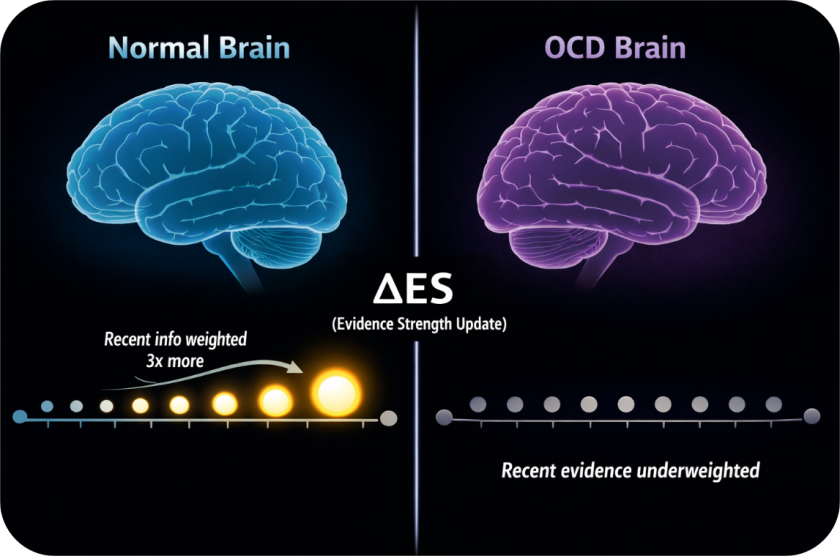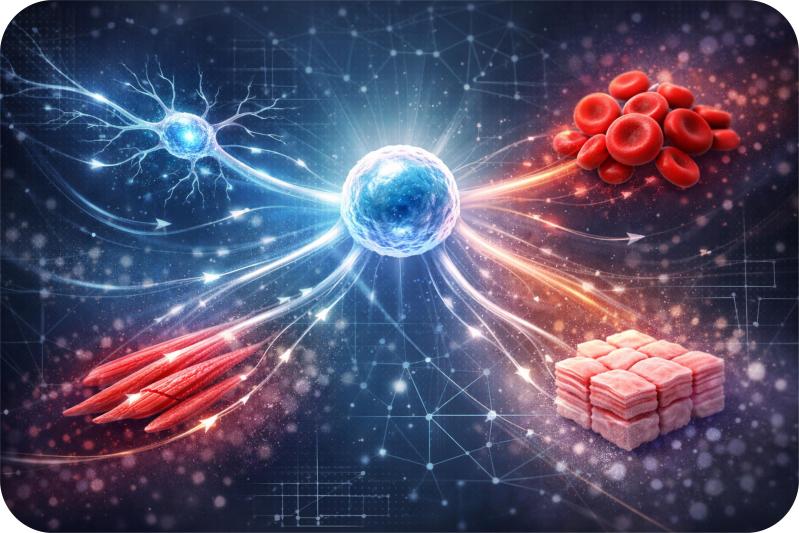“Imagine someone who knows two people’s birthdays and can recall them almost perfectly. Would you really want to say that person has a better memory than a person who knows the birthdays of 2000 people, but can ‘only’ match the right person to the right birthday nine times out of ten?” This question was part of Dr. Michael Ramscar’s argument to explain his new study which refutes a previously accepted idea regarding the young and the old brains.
While it was widely accepted that older brains decline in cognitive function with age, it was recently suggested that it is the increased amount of knowledge that makes the brain slower in processing.
The study team of the University of Tuebingen, led by Dr. Ramscar, used computers to simulate the human experience. The used computers were ordered to “read” a certain amount each day, and consequently, learn new information every day.
Researchers found that putting the computer through cognitive tests after reading limited amounts of information, resulted in computer’s performance resembling that of a young adult. However, when exposed to a “lifetime of experiences-like” data, performance was more like that of an adult brain; slower. Researchers further explained that performance was as such not because of declined ability to perform, but due to the need to go through a bigger number of life experiences, and process more data.
“What does this finding mean for our understanding of our ageing minds, for example older adults’ increased difficulties with word recall? These are traditionally thought to reveal how our memory for words deteriorates with age, but Big Data adds a twist to this idea,” said Dr. Ramscar. “Technology now allows researchers to make quantitative estimates about the number of words an adult can be expected to learn across a lifetime, enabling the team to separate the challenge that increasing knowledge poses to memory from the actual performance of memory itself.”
It is however important to rigorously evaluate the approach Dr. Ramscar and his team used in this study. Are computer programmes really ever able to simulate something as “complex” as the human brain? Similar studies are indeed needed in this area to help us understand the ageing process and the human cognitive abilities at different developmental stage. However, cautious approaches and critical analyses are greatly needed to ensure we gather accurate information, which we can build upon in exploring relative topics.
Source: Science Newsline
Picture Credit: Thinkstock




